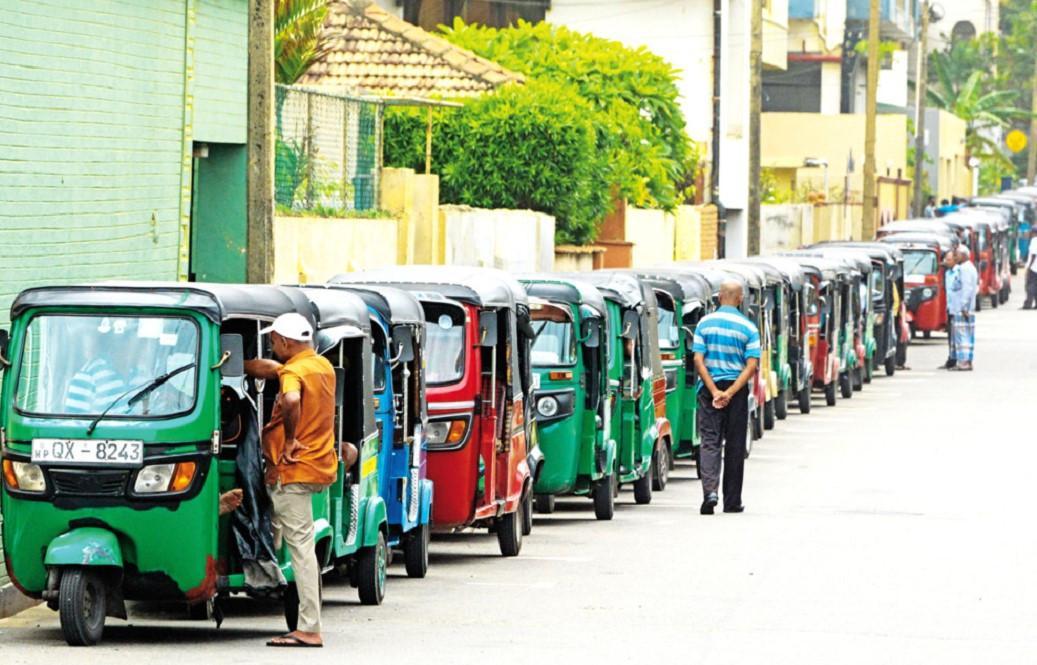
Cash-strapped Sri Lanka has extended school closures for one week because there isn’t enough fuel for teachers and parents to get children to classrooms, and the energy minister appealed to the country’s expatriates to send money home through banks to finance new oil purchases.
A huge foreign debt has left the Indian Ocean island with none of the suppliers willing to sell fuel on credit. The available stocks, sufficient for only several days, will be provided for essential services, including health and port workers, public transport and food distribution, officials said.
“Finding money is a challenge. It’s a huge challenge,’’ Power and Energy Minister Kanchana Wijesekera told reporters.
He said the government has ordered new fuel stocks and the first ship with 40,000 metric tons of diesel is expected to arrive on Friday while the first ship carrying gasoline would come on July 22.
Several other fuel shipments are in the pipeline. But he said authorities are struggling to find $587 million to pay for the fuel. Wijesekera said that Sri Lanka owed about $800 million to seven fuel suppliers.
Last month, schools were closed nationwide for a day due to fuel shortages and had remained closed for the last two weeks in urban areas. Schools will remain shut until July 8.
Authorities also announced countrywide power cuts of up to three hours a day from yesterday because they can’t supply enough fuel to power generating stations.
Wijesekera said the main problem is the lack of dollars and appealed to some 2 million Sri Lankans working abroad to send their foreign exchange earnings home through banks instead of informal channels.
He said workers’ remittances, which usually stood at $600 million per month, had declined to $318 million in June.
According to the Central Bank, the remittances, the nation’s main foreign exchange earner, dropped from $2.8 billion in the first six months of 2021 to $1.3 billion in the same period this year for a decline of 53%.
The drop came after the government last year ordered the mandatory conversion of foreign currency. It said that black-market premiums have led people to hoard foreign currency.